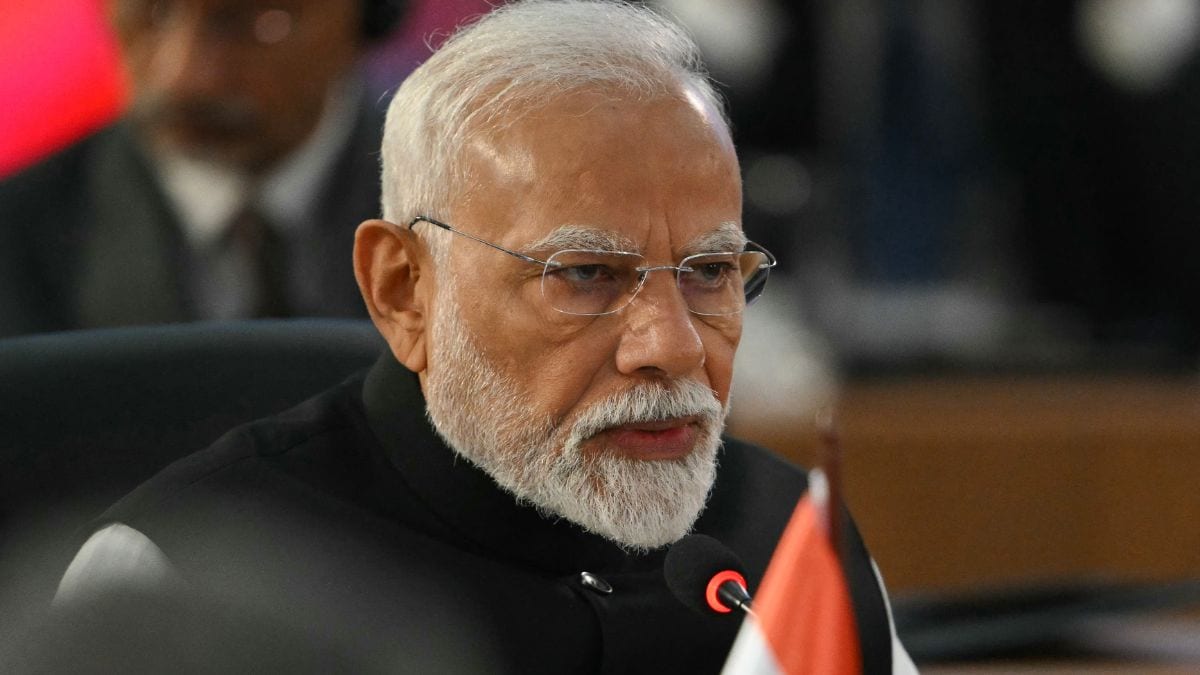

Prime Minister Narendra Modi has lauded the newly signed trade agreement between India and the United Kingdom as "historic," emphasizing that it demonstrates the world's growing confidence in India. The Comprehensive Economic and Trade Agreement (CETA), formalized during Modi's visit to the UK, is projected to significantly boost bilateral trade and economic cooperation between the two nations.
The India-UK trade deal, signed on July 24, 2025, aims to enhance market access for both countries, with a particular focus on export-oriented and job-creating sectors in India. The agreement provides duty-free access to the UK for 99% of India's exports, encompassing key sectors such as textiles, leather, footwear, gems, and jewellery, as well as engineering goods and automobile components.
The UK will also benefit from the agreement, with average tariffs on British products falling from 15% to 3%. This reduction is expected to lead to a substantial increase in exports from the UK, particularly in manufacturing sectors like aerospace, automotive, and electrical machinery. Tariffs on automotive imports will decrease from approximately 110% to 10% under quotas on both sides, with larger engine capacity categories (above 3,000 cc petrol / 2,500 cc diesel) receiving more significant quota and duty reductions.
One notable aspect of the deal is the reduction of import tariffs on UK-origin alcohol, including whisky, brandy, rum, vodka, liqueurs, mead, cider, and tequila, from 150% to 75%. Union Commerce Minister Piyush Goyal highlighted that this will benefit Indian consumers, while 99% of Indian exports, including textiles, leather, and marine products, will gain duty-free access to the UK.
The agreement also includes a Double Contribution Convention, exempting Indian professionals from UK social security contributions for three years, which is expected to enhance cost competitiveness. Furthermore, the deal is projected to foster investments, job creation, and collaboration in areas such as AI, defense, and education, marking a new era in India-UK economic ties.
The India-UK free trade agreement aims to double bilateral trade to USD 112 billion by 2030, boosting exports from labor-intensive sectors like textiles and leather while making British cars and whiskey more affordable in India. The government anticipates substantial benefits for various Indian export-oriented sectors, including agriculture, textiles, leather, chemicals, and engineering goods. The gems and jewellery sector is also expected to see a surge in exports, potentially reaching $2.5 billion within the next three years.
However, concerns have been raised regarding the potential impact of the trade deal on access to affordable medicines in India. Civil society groups and health experts suggest that the agreement may favor multinational pharmaceutical corporations, potentially eroding protections that have allowed India to produce low-cost generic drugs. They argue that the deal could tilt the balance in favor of multinational pharmaceutical corporations and threaten to erode long-standing protections that have allowed India to produce low-cost generic drugs. Rights groups remain unconvinced that India has preserved its ability to protect public health.